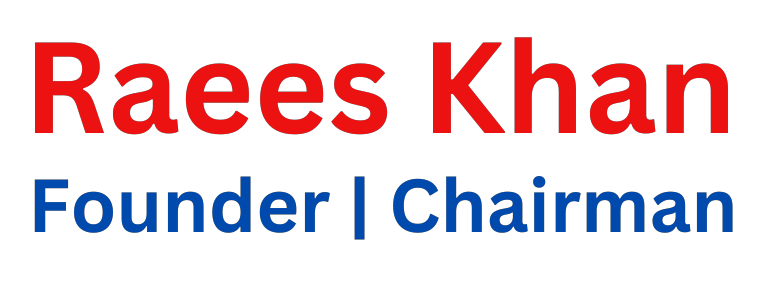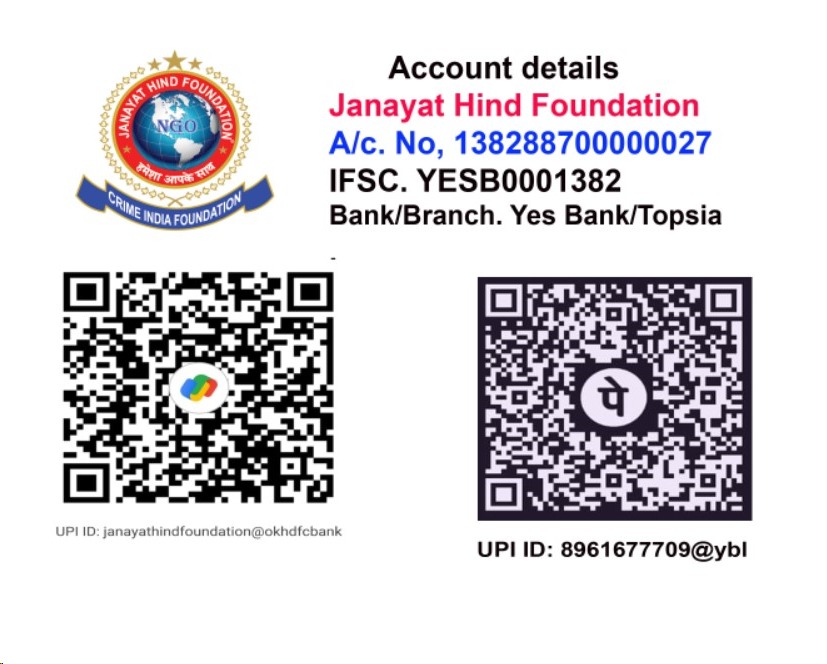The Psychology Behind Why People Love Playing Graffiti Rush
The Psychology Behind Why People Love Playing Graffiti Rush
Graffiti Rush is a popular mobile game that has taken the world by storm with its colorful and exciting gameplay. The game involves painting vibrant https://graffiti-rush.com/ graffiti in various cities, earning rewards, and competing with other players to create the most stunning art pieces. But what drives people’s passion for this game? Is it just about the thrill of creating something beautiful or is there more to it?
The Dopamine Loop
Research has shown that playing games like Graffiti Rush activates the brain’s reward system, releasing dopamine, a neurotransmitter associated with pleasure and motivation. This release creates a positive feedback loop where players become hooked on the game, seeking more and more rewards and experiences. The combination of instant gratification and social interaction in Graffiti Rush makes it particularly appealing to players.
Variable Reward Schedules
One key feature that contributes to the addictive nature of Graffiti Rush is its variable reward schedule. Players are never quite sure when they will receive a bonus, upgrade, or other rewards, creating a sense of uncertainty and tension. This keeps them engaged and motivated, as they strive to achieve their next goal.
Escape from Reality
Another reason people love playing Graffiti Rush is that it provides an escape from reality. In today’s fast-paced world, life can be overwhelming, and many players find solace in the game’s calming atmosphere. The colorful graphics and soothing music transport them to a virtual world where they can forget about their troubles and immerse themselves in creative expression.
Social Interaction
Graffiti Rush is not just a solo activity; it also encourages social interaction. Players can share their creations, compete with friends, and join communities to showcase their art pieces. This social aspect taps into humans’ natural desire for connection and community, creating a sense of belonging among players.
Personal Expression
The game’s creative freedom allows players to express themselves through art, which is an essential human need. By painting vibrant graffiti, they can convey emotions, tell stories, or simply experiment with colors and patterns. This self-expression contributes to the game’s appeal, as players find satisfaction in bringing their ideas to life.
Psychological Benefits
While it may seem counterintuitive, playing Graffiti Rush has several psychological benefits. It can help reduce stress and anxiety by providing a calming outlet for creativity. The game also promotes cognitive skills like problem-solving, pattern recognition, and hand-eye coordination. Furthermore, the sense of accomplishment players feel when completing challenges or creating impressive art pieces boosts their self-esteem and confidence.
The Psychology of Color
Graffiti Rush’s colorful palette plays a significant role in its appeal. Colors have psychological effects on humans, influencing mood, emotions, and behavior. In Graffiti Rush, bright colors evoke feelings of happiness, energy, and excitement, making the game more engaging and enjoyable. The use of pastel shades and neon lights also creates a sense of nostalgia and playfulness.
The Impact of Rewards and Progression
Graffiti Rush’s reward system and progression mechanics are designed to keep players engaged by providing a sense of progress and accomplishment. As they complete challenges, earn stars, or unlock new characters and brushes, players feel motivated to continue playing. The rewards also create a feeling of anticipation, as players strive to achieve their next goal.
Graffiti Rush: A Form of Self-Care
While some might view Graffiti Rush as a waste of time, many players see it as a form of self-care. It allows them to relax, unwind, and express themselves creatively. The game’s calming atmosphere and soothing music create an environment conducive to mindfulness, helping players focus on the present moment.
The Role of Nostalgia
Graffiti Rush taps into players’ nostalgia for childhood creativity and playfulness. The game’s colorful palette and whimsical art style evoke memories of scribbling on chalkboards or coloring books. This nostalgic appeal creates an emotional connection with the game, making it more enjoyable and engaging.
Conclusion
The psychology behind why people love playing Graffiti Rush is complex and multifaceted. It involves a combination of psychological mechanisms, including dopamine release, variable reward schedules, social interaction, personal expression, and nostalgia. While some might view the game as an escape from reality or a waste of time, many players see it as a form of self-care, creative expression, and stress relief. By understanding these factors, developers can create games that tap into human psychology, providing engaging experiences for players worldwide.
Partner links from our advertiser:
- Real-time DEX charts on mobile & desktop — https://sites.google.com/walletcryptoextension.com/dexscreener-official-site-app/ — official app hub.
- All official installers for DEX Screener — https://sites.google.com/mywalletcryptous.com/dexscreener-apps-official/ — downloads for every device.
- Live markets, pairs, and alerts — https://sites.google.com/mywalletcryptous.com/dexscreener-official-site/ — DEX Screener’s main portal.
- Solana wallet with staking & NFTs — https://sites.google.com/mywalletcryptous.com/solflare-wallet/ — Solflare overview and setup.
- Cosmos IBC power-user wallet — https://sites.google.com/mywalletcryptous.com/keplr-wallet/ — Keplr features and guides.
- Keplr in your browser — https://sites.google.com/mywalletcryptous.com/keplr-wallet-extension/ — quick installs and tips.
- Exchange-linked multi-chain storage — https://sites.google.com/mywalletcryptous.com/bybit-wallet — Bybit Wallet info.




